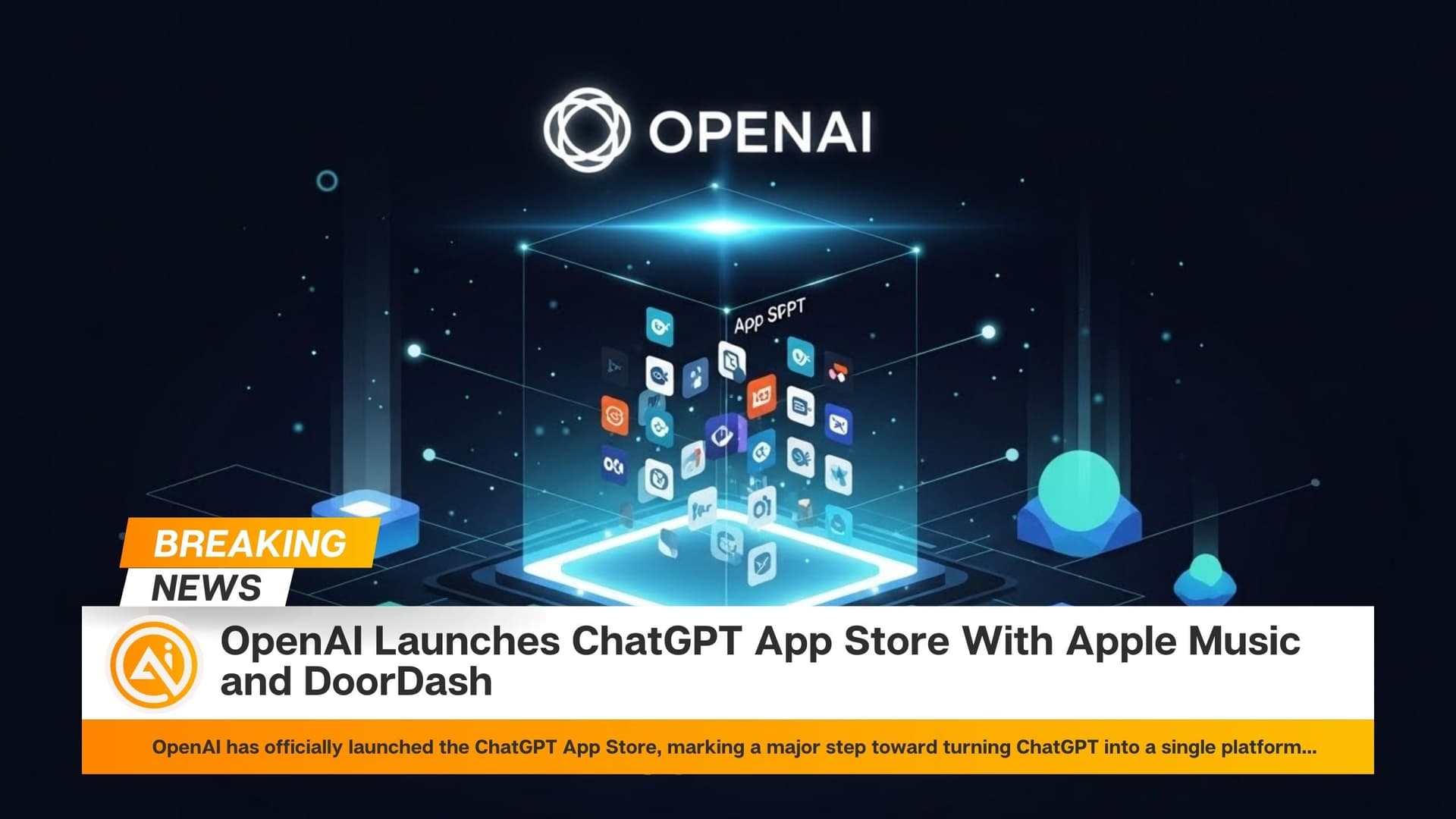Meta CEO Mark Zuckerberg is aggressively rebuilding the company's AI division by personally recruiting top researchers from rivals like Google, DeepMind, and OpenAI. His direct outreach, often through email or WhatsApp, emphasizes freedom to innovate, Meta's scale, and substantial investments. This effort centers around forming a new “superintelligence” AI lab and reviving its lagging Llama model. One of the most high-profile hires so far is Scale AI CEO Alexandr Wang, whose departure came with Meta investing $14.3 billion in Scale, marking one of the most expensive talent acquisitions in tech history. Wang is expected to become Meta’s chief AI officer, and DeepMind researcher Jack Rae will lead pre-training at the new lab.
Zuckerberg's recruitment push is disrupting the industry. His offer deadlines prompted swift counteractions—OpenAI's Sam Altman reasserted his company’s AI leadership in a public essay, and Google elevated DeepMind’s CTO after Zuckerberg attempted to recruit him. The internal impact at Meta is also significant, as some teams are already using external AI models like Claude, suggesting a serious lag in the company’s own capabilities.
Meanwhile, Apple appears to be falling behind in the AI race. Despite some flashy demonstrations at WWDC, the company admitted delays in delivering an improved Siri. Apple’s in-house models have underwhelming specs and slow development timelines, raising doubts about their competitiveness. Its strategy of offering on-device models for free may benefit small developers, but likely won't attract major players already aligned with more advanced tools.
While Apple continues to rely on its ChatGPT partnership, Meta, OpenAI, and others are reshaping AI interactions. Although Apple’s business isn’t at immediate risk, questions remain about whether it can adapt quickly enough to lead in the AI era. As the AI landscape evolves, traditional tech powerhouses like Apple must confront the cultural and strategic shifts needed to stay relevant.
